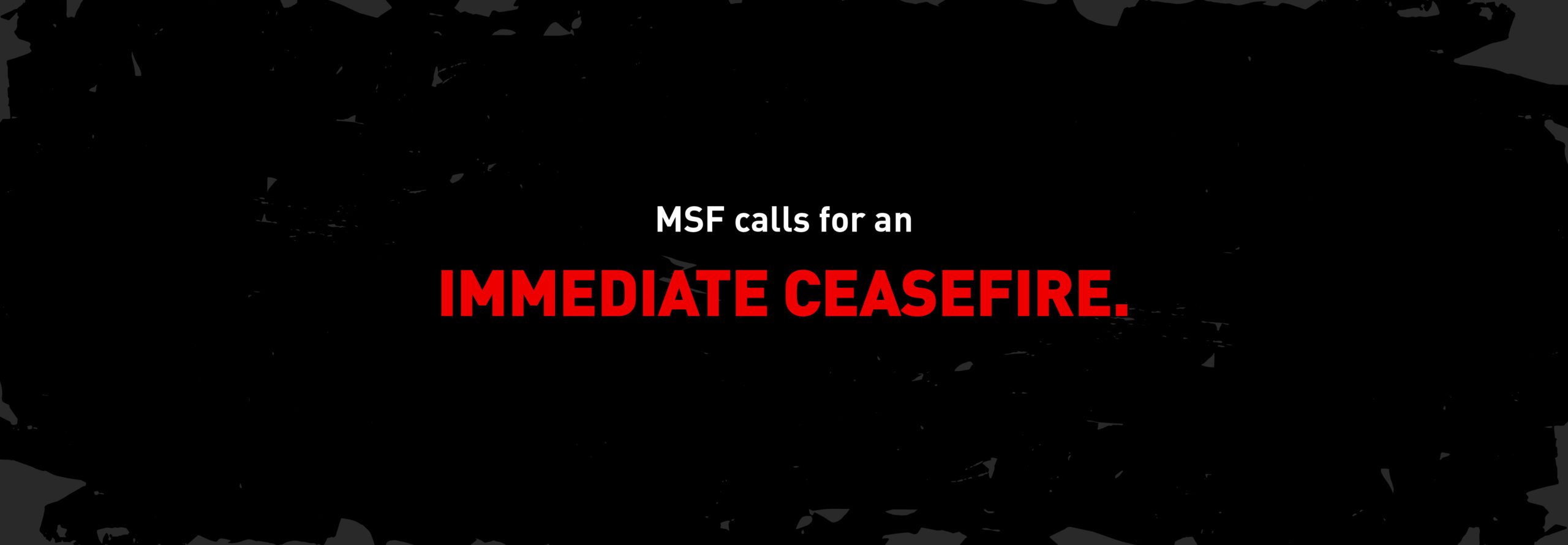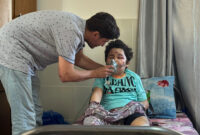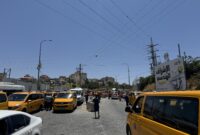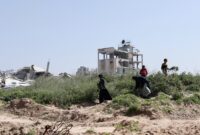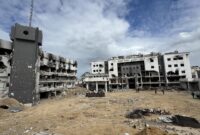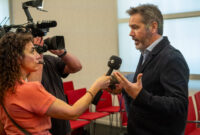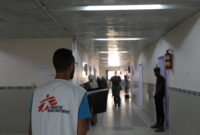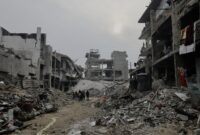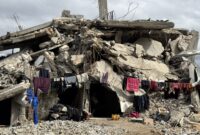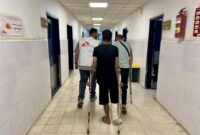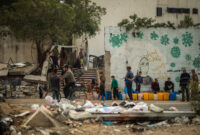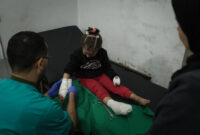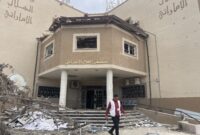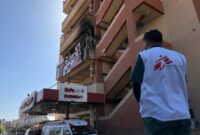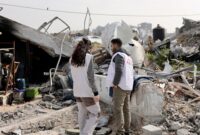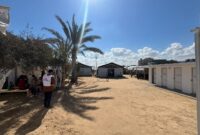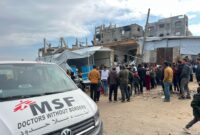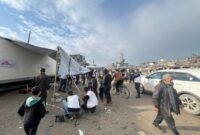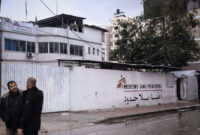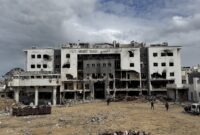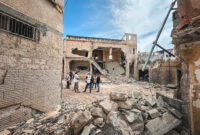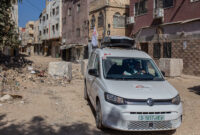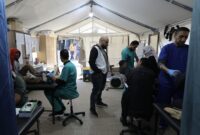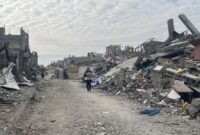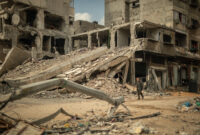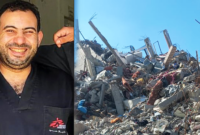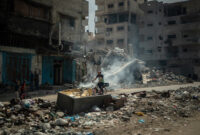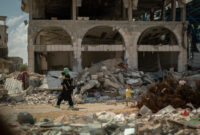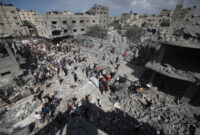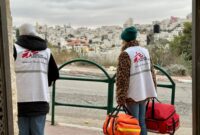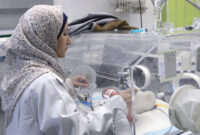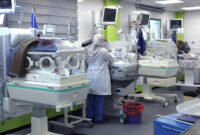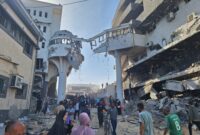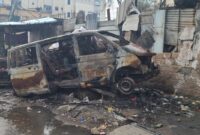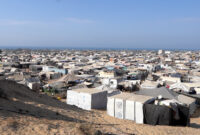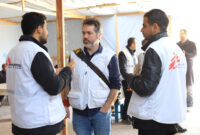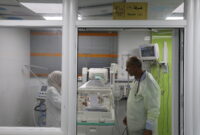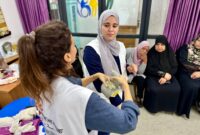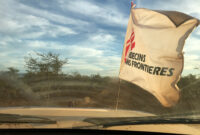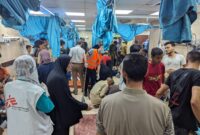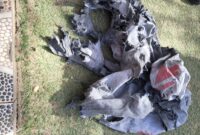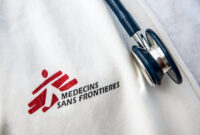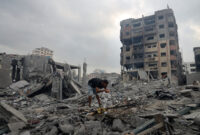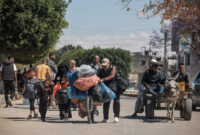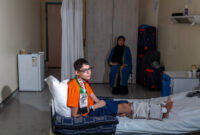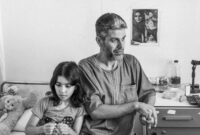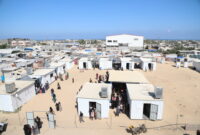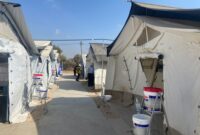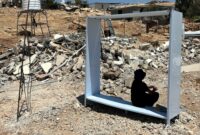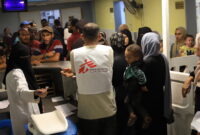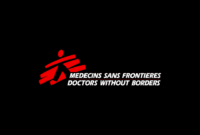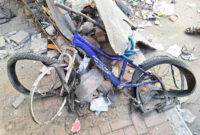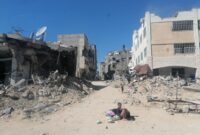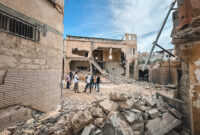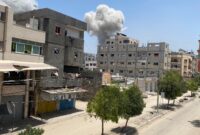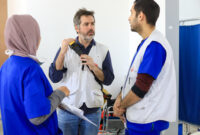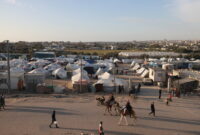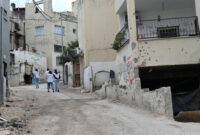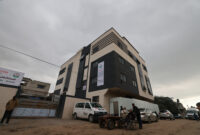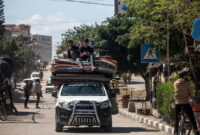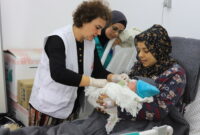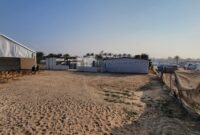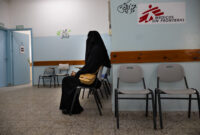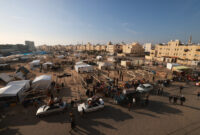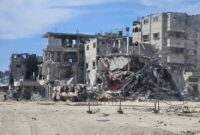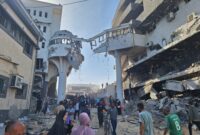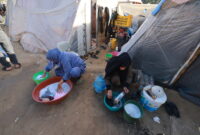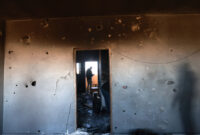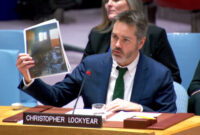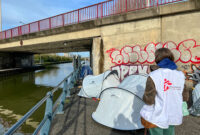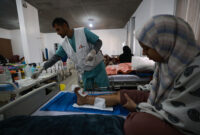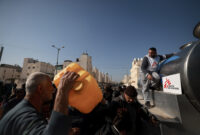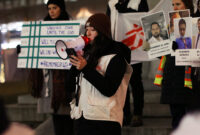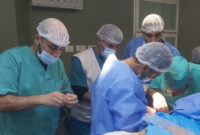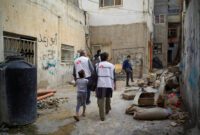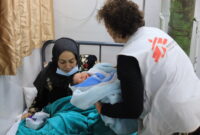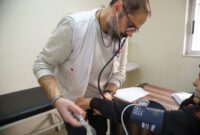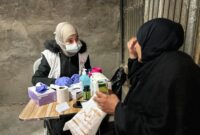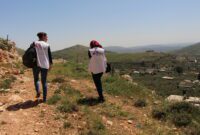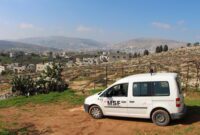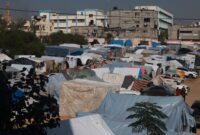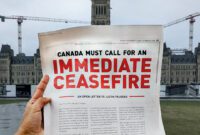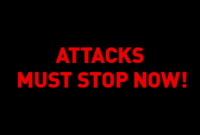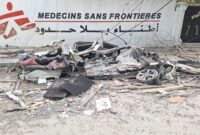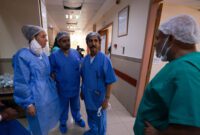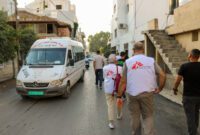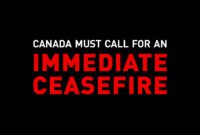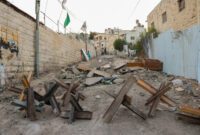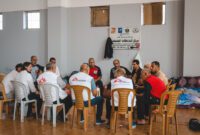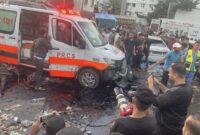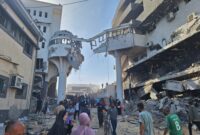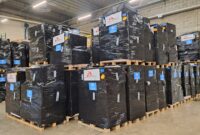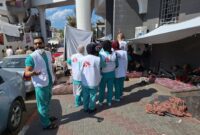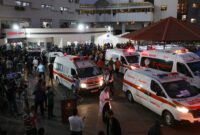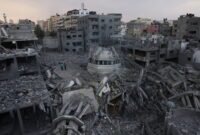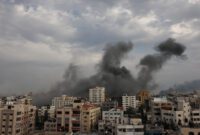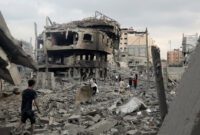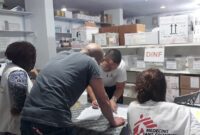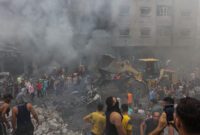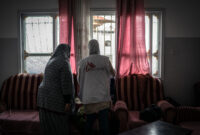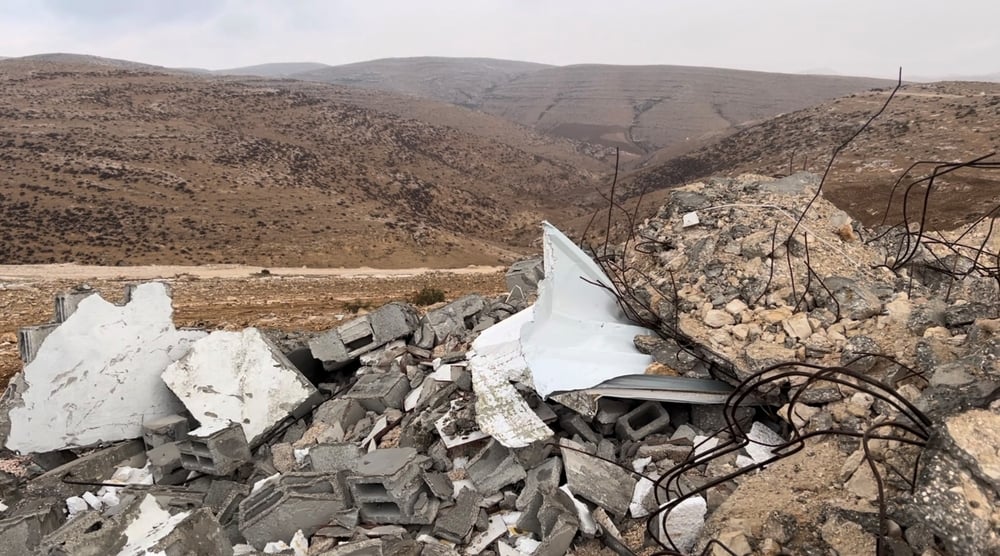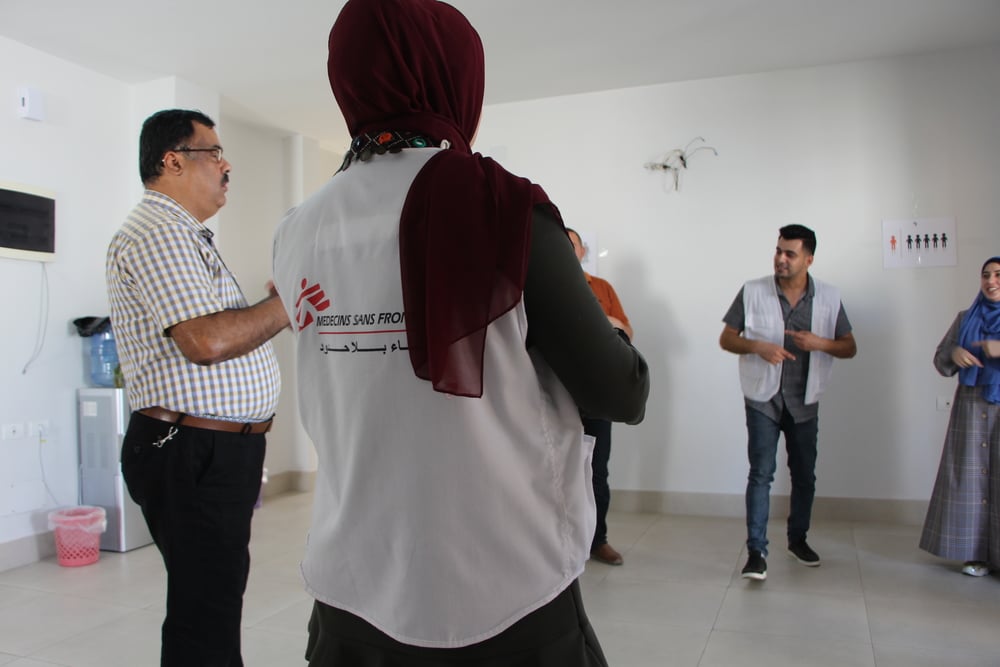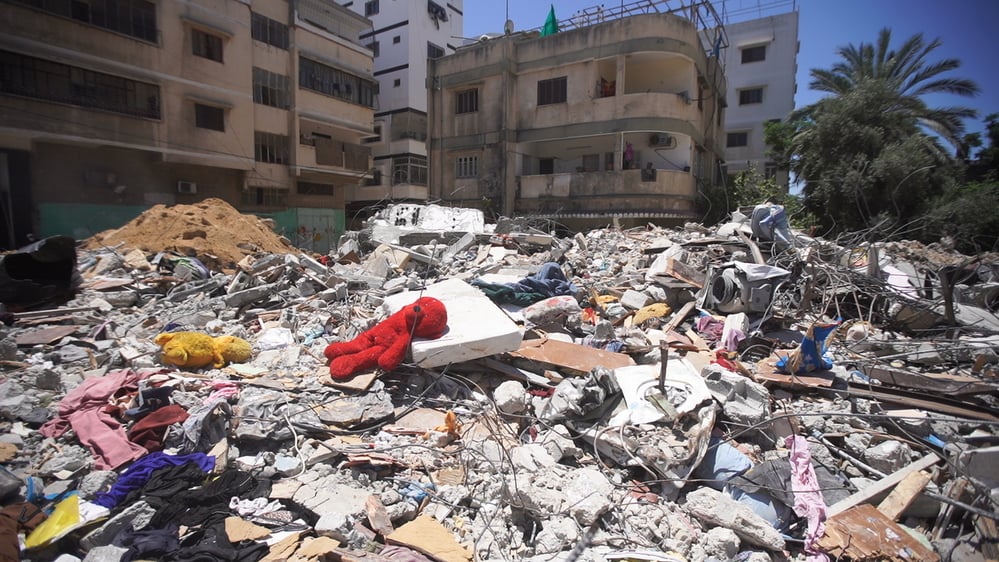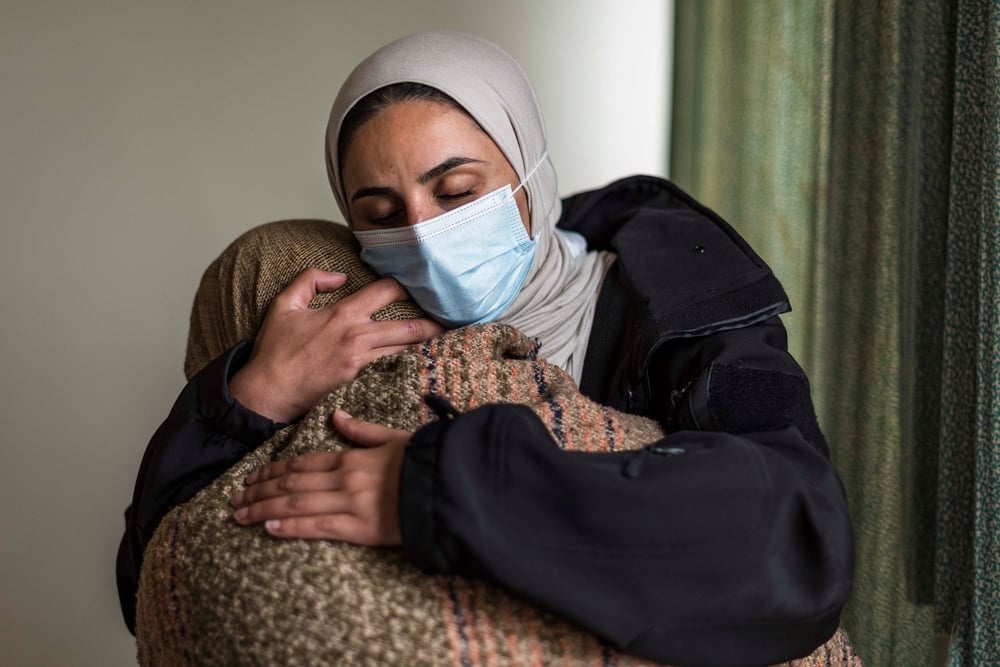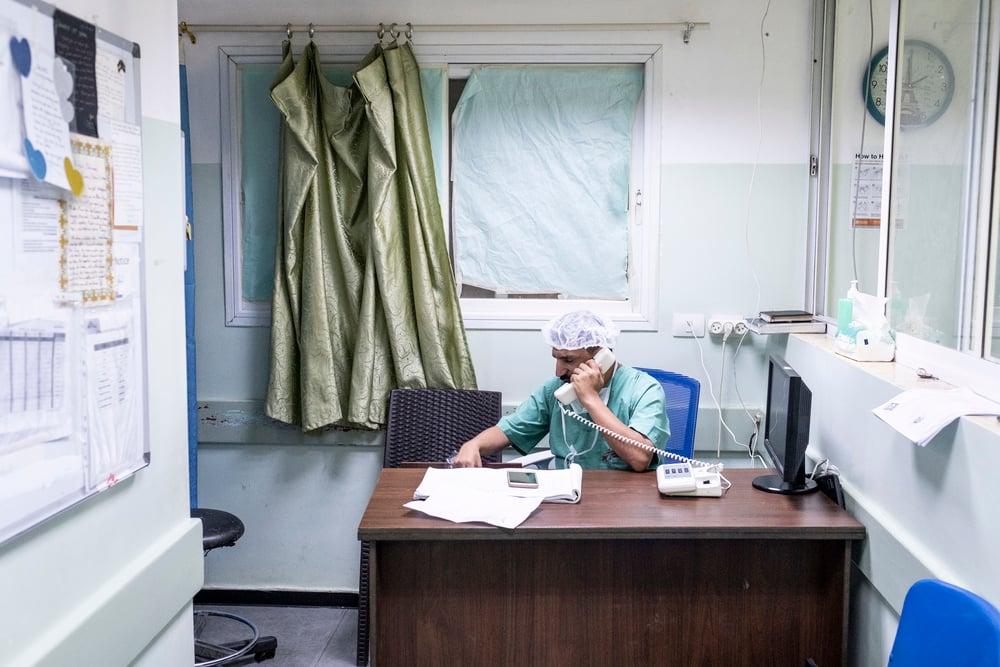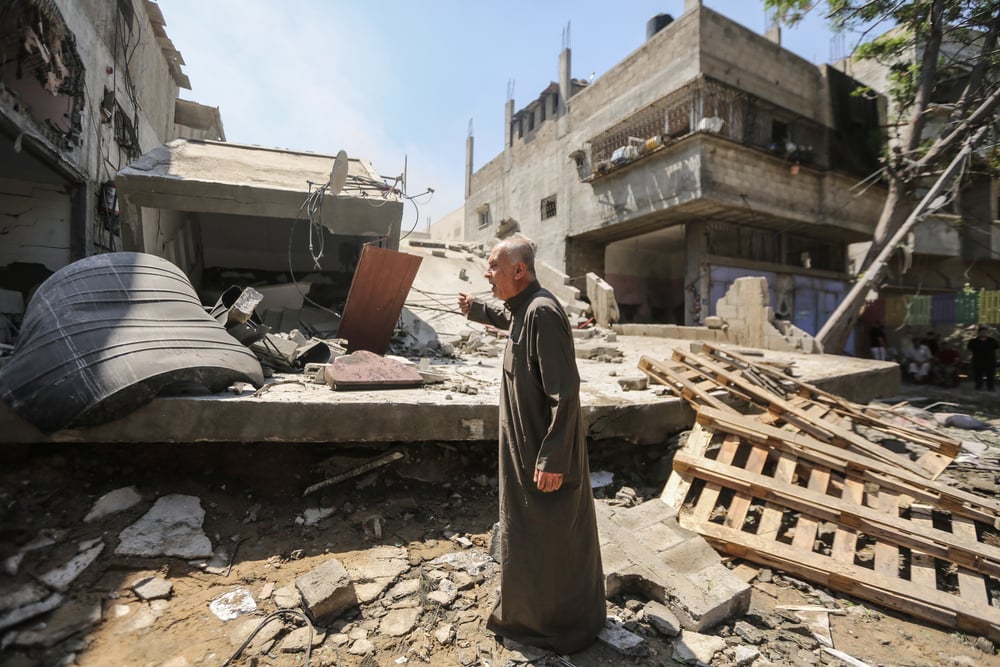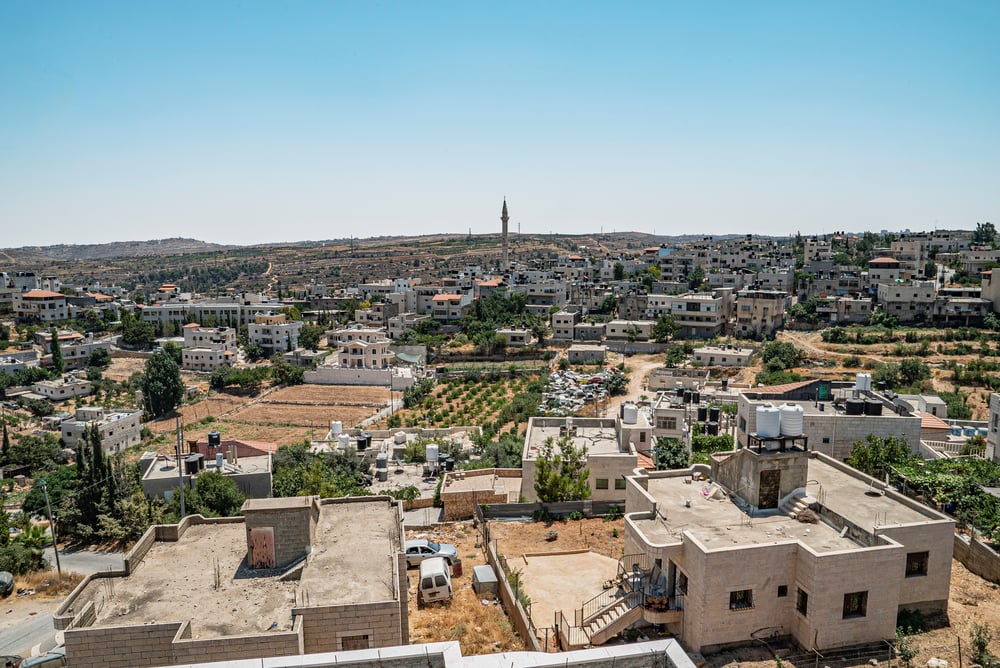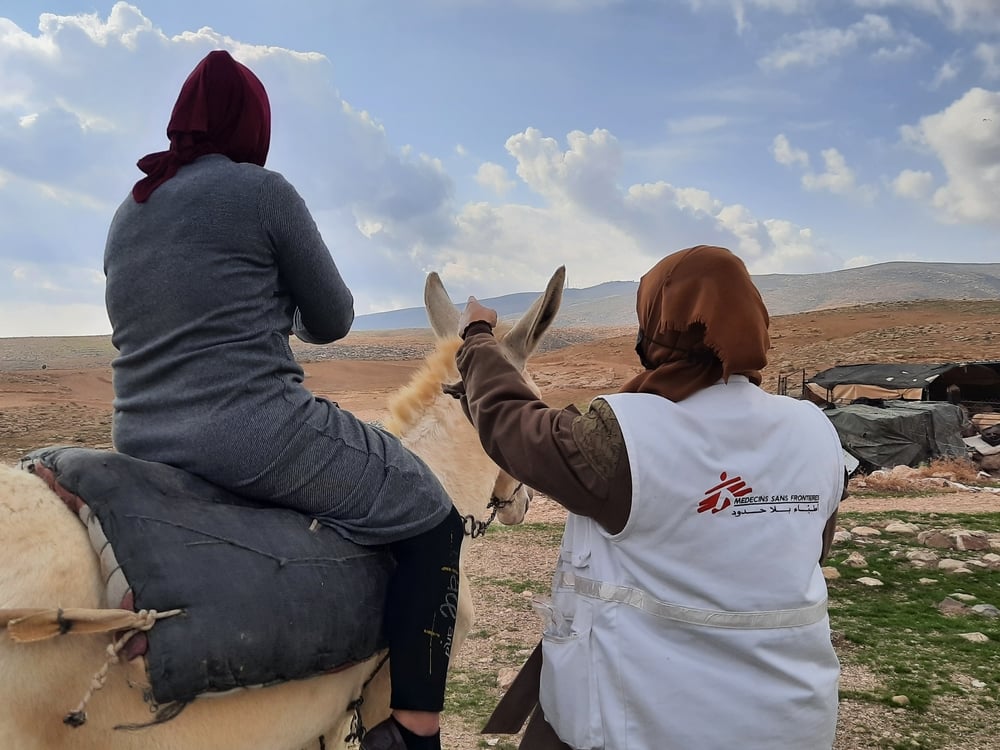Gaza crisis: MSF calls for immediate ceasefire to protect civilians, lifting of siege to allow humanitarian supplies
Some 2.2 million people are currently trapped in Gaza, one of the most densely populated places on the planet. Heavy bombardments and indiscriminate attacks have turned a chronic humanitarian crisis into a catastrophe.
Doctors Without Borders/Médecins Sans Frontières (MSF) is committed to supporting the people affected by the Israeli heavy bombardments and indiscriminate attacks on Gaza. We want to be able to access people in need of medical care and offer lifesaving humanitarian services. MSF’s ability to respond is very limited due to the insecurity and the unpredictability of the bombardments, as well as the current impossibility for us to deliver medical supplies into Gaza. We want to do more, and we need basic guarantees of safety to be able to provide humanitarian and medical services.
MSF is calling for:
- an immediate ceasefire that will spare the lives of Gazans and restore the flow of humanitarian assistance on which the survival of the population of Gaza depends.
- lifting the siege to allow increased and continuous humanitarian supplies to cross into Gaza, including essential items such as fuel while ensuring a safe passage to reach people with the greatest needs.
- the protection of civilians and healthcare facilities on both sides, at all times.
- basic guarantees of safety to be able to provide humanitarian and medical services.
Hospitals are overwhelmed and barely functioning. Medical staff are exhausted, terrified, and feeling powerless as there is little they can do for patients. Sick people often cannot even reach hospitals or deem it too unsafe. Others, whether displaced by the bombing or induced by fear, do seek refuge in hospitals hoping healthcare facilities will be spared by the bombing, although many such facilities have been struck. As of Oct. 23, 72 healthcare facilities have been attacked in Gaza according to the WHO.
More than 5,000 Palestinians have died and 15,000 wounded between Oct. 7 and Oct. 24 in Gaza, according to UN. Nearly 1.4 million Palestinians have been internally displaced in Gaza, to the central and southern parts alone, the majority of whom are in 150 UN shelters.
The level of humanitarian assistance allowed into the besieged enclave is ridiculously inadequate compared to the massive needs of people in Gaza.
WHAT IS MSF DOING?
Gaza
In the first days of the Israeli attacks on Gaza, MSF was able to continue to coordinate its medical activities. One MSF clinic in Gaza City kept functioning, as did our support of Al-Awda hospital, An-Nasser hospital, and the Indonesian hospital in Gaza. In Al-Shifa hospital, we scaled up our response by opening an operating room and boosting donations.
On Oct. 13, MSF took the very difficult decision to evacuate its international medical staff to the south of Gaza, following Israel’s evacuation order. Between the relentless bombing, the impossibility of delivering fresh supplies,
the evacuation of the international team and the need to prioritize our Palestinian colleagues’ safety above anything else, we have since been unable to coordinate our activities and run our projects as we know them, thus our activities are limited.
However, some of our local colleagues remained in Gaza and continue to offer their support to the wounded, including in some MSF-supported facilities and collaboration with the local healthcare staff. We are in contact with many of them and do what we can to support them. As of Oct 23, we are in touch with colleagues working in Al-Shifa Hospital, An-Nasser Hospital, and Al-Awda Hospital. We also know that this could change at any time, despite our intention to maintain our support and increase it if we can.
In Al-Awda, we are working with a team of seven nurses and doctors in the MSF inpatient department, using the medical supply stock we had in our warehouse.
We are also supporting local health authorities with donations from our medical stock – including a large-scale donation to Al-Shifa hospital.
The West Bank
Since the start of the current conflict, our teams in Hebron, Nablus and Jenin have been actively assessing the medical needs in the West Bank, as violence there is escalating. We are focused on emergency care and mental health care.
In Hebron, we have prepared medication kits for people with chronic diseases. We are planning a distribution of hygiene, food and non-food items kits. Our teams have done phone assessments among Palestinian residents and people who are displaced and referred them to medical, mental health or social services. We continue to offer mental health services, mostly remotely, and to assess the situation of hospitals, donating surgical kits, as well as first aid kits to community focal points.
In Nablus, psychological first aid group sessions are being conducted in three districts in Nablus, Tubas and Qalqiliyeh.
In Jenin, more than 400 Gazans are staying in five centres. We are offering information and medication for people with chronic diseases and transport to health centres. Our team is preparing a mass casualty plan training at Khalid Suleiman hospital. We also donated drugs and equipment to seven primary healthcare centres for emergency deliveries, anticipating roads will be blocked and women giving birth will not be able to reach the hospital. In Nur Shams and Jenin Camp, we donated first aid bags to volunteer paramedics to stabilize the patients during active hostilities and keep them alive until they reach the hospitals.
Egypt
We have teams on standby in Egypt, ready to send medical supplies into Gaza if allowed to safely do so, and to enter Gaza to support the emergency medical response if possible. They include medics, paramedics and logisticians.
We are in contact with the Egyptian authorities and the relevant actors in Egypt to launch activities in Egypt if needed as well.
